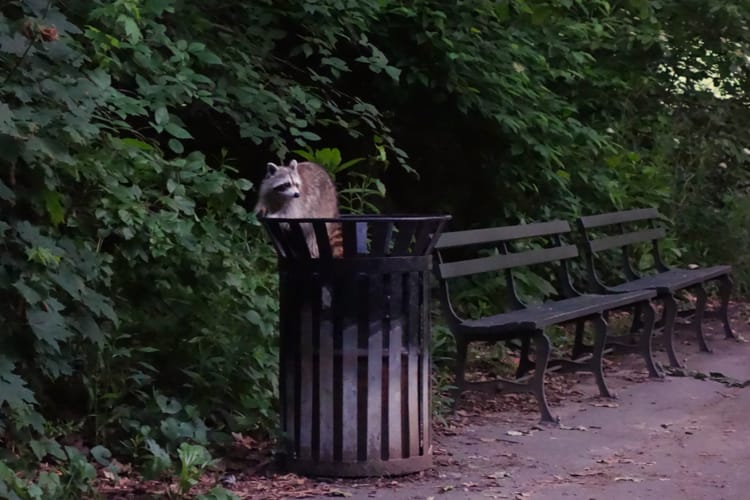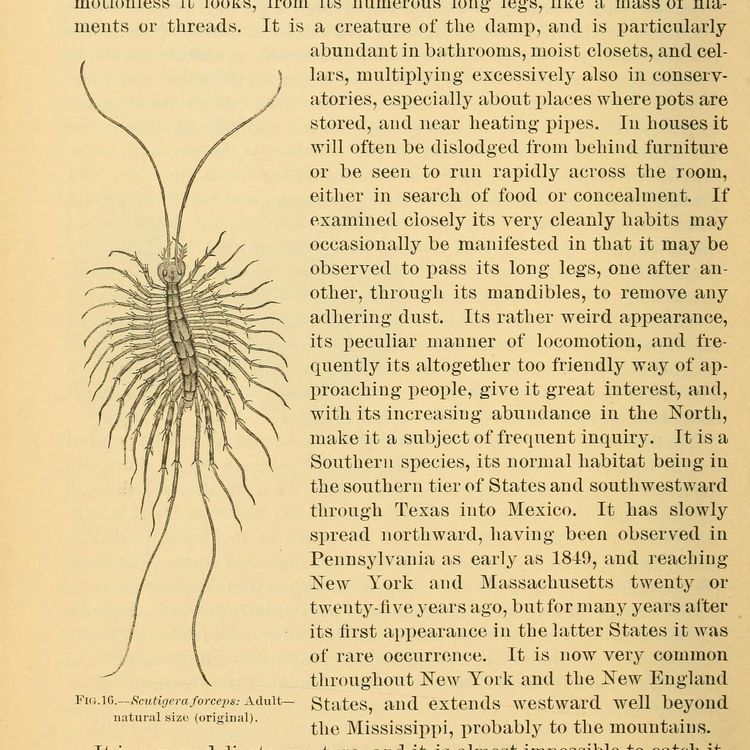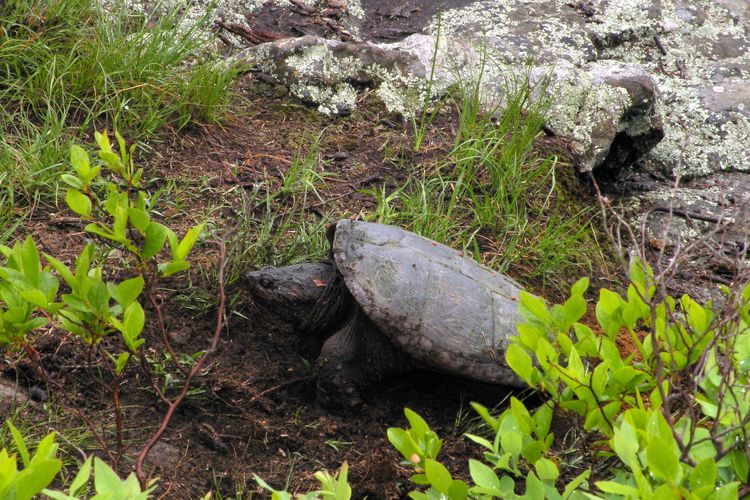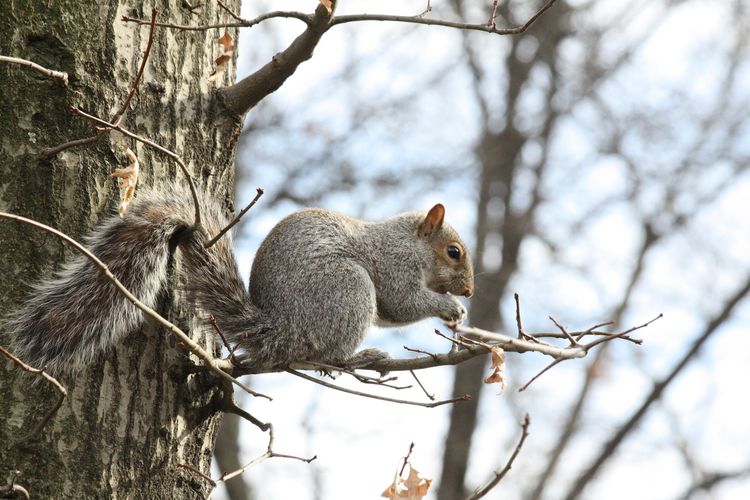Possum Romance Season
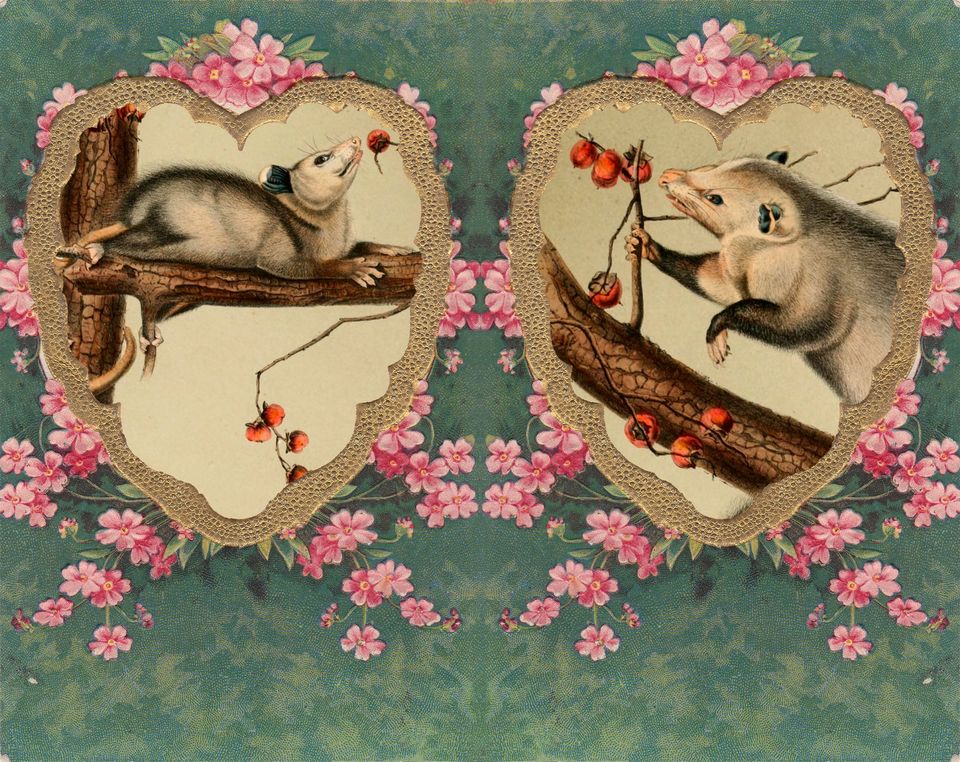
The brief life of a possum is one lived largely alone. Averaging only a couple of years before meeting an end by a predator or, as it often happens in urban areas due to their nocturnal wanderings, by car, the possum only breaks from its solitary patterns of wandering from home to home during mating season. It begins in February, even when the cold temperatures that nip at the possums’ exposed ears and tail largely keep them to their dens, and continues into July.
After many nights alone scavenging trash, roadkill, insects, and whatever else it comes across—this omnivore is not a picky eater—the male possum makes a clicking noise to communicate his affection for a female who has likewise been living on her own in a hollow tree, abandoned building, storage shed, storm sewer, or nest vacated by another creature. She may have up to three litters this season, with each gestation period lasting just under two weeks, the tiny, light pink newborns continuing to develop in her fur-lined pouch.
The possum is North America’s only marsupial, its tail acting as a fifth paw, helping to cling to high perches in trees or maintain its balance as it ambles along the sidewalk or through the park in search of some morsel. It was not always a common sight in New York City, only flourishing in the area since the 1950s, likely because of the availability of the food. It has adapted to the colder climate, like all New York transplants, by finding a cozy place to nest and staying home on frigid days. Except perhaps when a gentle clicking is heard snapping out of a suitor’s jaw lined with 50 teeth.
Those sharp grins, combined with an appearance like an oversized rat, can make possums unloved. But admire the quiet fortitude of the possum, which never seems to be in a hurry although its days are short in number. It can hold its own against predators with blood that neutralizes snake venom; it is among our most avid exterminators, able to consume an estimated 5,000 ticks a season. So if you catch a glint of beady eyes at night by your trash cans or notice a white face gazing down at you from a street tree, enjoy the encounter with one of your neighbors who only wants to love and be loved in the time they have.
- Is it possum or opossum? The Virginia opossum, which lives in the vast stretch between southern Canada to Costa Rica, has a name derived from an Algonquian source. Although both are acceptable, according to Merriam-Webster, the dictionary source adds “some people say you should spell it opossum but pronounce it without that first syllable.” However, in Australia, “possum” is used for a different animal than “opossum.” We hope that clears it all up.
- If you see a possum walking by, maybe follow from a distance to see what nocturnal ramble it follows. On April 4, 1908, the New York Times published an exclusive titled “POSSUM PLAYS SLEUTH” about a man in Summit, New Jersey, who “was attracted by a 'possum which was ambling along the road.” For unclear reasons (maybe hankering for the classic Southern dish of possum and yams), he jumped out of his wagon and gave chase to the animal which led him to an abandoned sewage disposal works. There he discovered dozens of knives and forks, part of a stolen cache of silver.
- The possum may be most famed for its convincing death fakery—complete with a corpse-like stench—but it is not the only animal to use “apparent death” as a form of deception. Guinea pigs, rabbits, snakes, chickens, and sharks, all have been known to “play dead”to avoid being eaten or otherwise take defensive action. (Although the sleeper cichlids of East Africa feign death in order to draw scavengers in and eat them.) Have something you want to get out of this week? Go cold, turn off your phone, press your face to the earth, be left alone for a little while.
